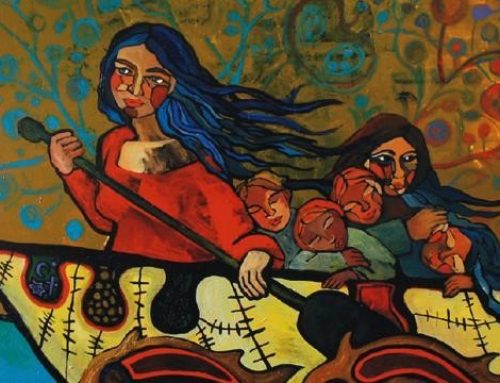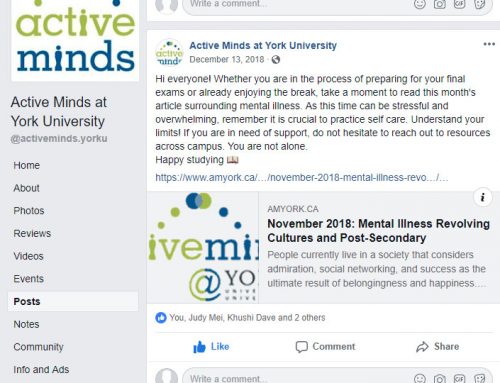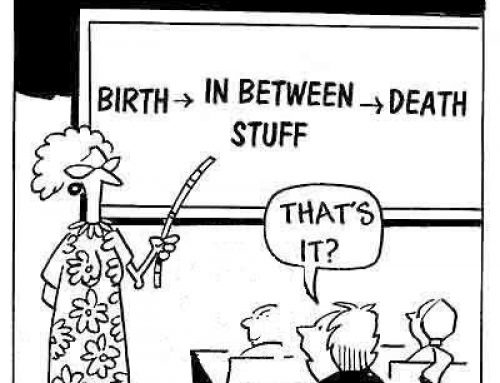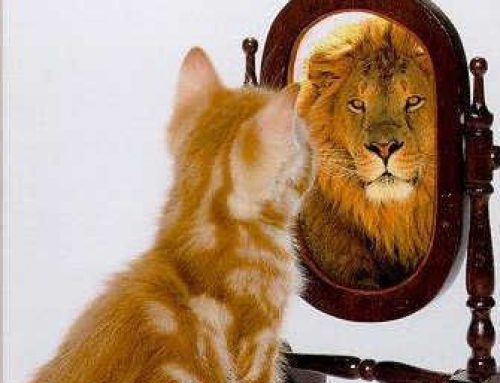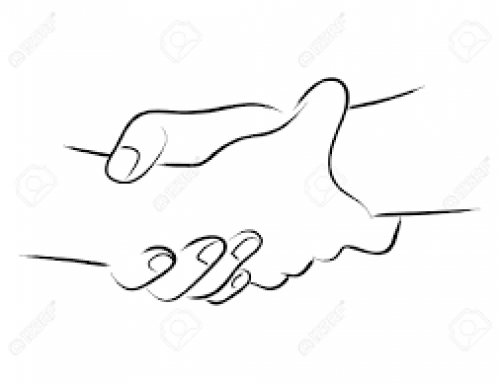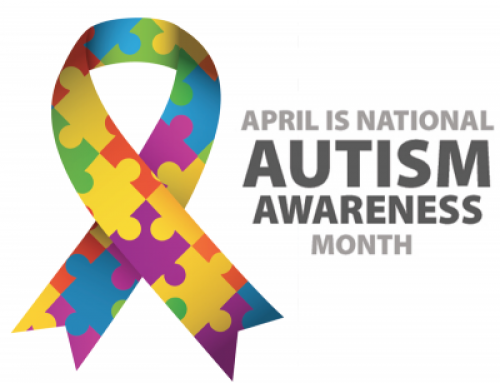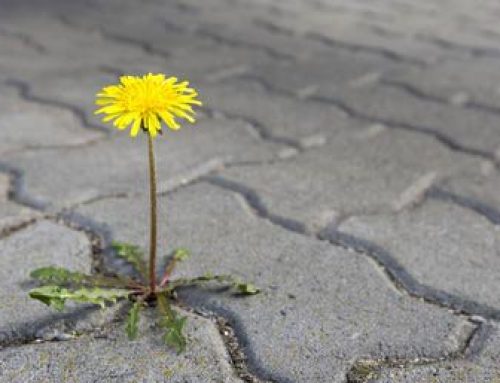The dialogue about mental health has a primary goal at its core: to eliminate the stigma. The stigma, however, is not a sign of ignorance of a universal degree. It varies with culture, race and ethnicity. Eliminating the stigma must involve understanding it holistically before combatting it – we must know our enemy. Unfortunately, it is not an easy task. Mental health is as much a multifaceted field as are the attitudes towards it. Therefore, it is imperative to have individualized approaches to be able to reach a wide demographic, which can in turn, save lives.
Before we begin understanding the racialization of mental health, we must never forget to approach the topic with utmost respect, kindness and compassion. Although mental health might be a taboo subject in one group, most of the time, it is a consequence of the society’s treatment of that group, as is in the case of people of color (POC). Therefore, we must be culturally competent and omit all negative judgement when we have a dialogue about mental health with someone who comes from a different background. That is a very important step in creating an open, unbiased atmosphere. Furthermore, we must recognize the vast diversity in the term ‘people of color’ when we discuss mental health in the context of race. Our society’s lexicon is a reflection of the current political attitudes and although steps are being taken towards recognizing the many non-white groups that make up that term, in the present day, POC is the politically ‘accepted’ blanket term. Thus, it is critical to understand that not every POC will view mental health in the same way, and neither will every POC of the same ethnic group. We must set aside any form of generalization – a necessity to universally decrease the mental health stigma.
To give the society an idea of how race can influence an individual’s likelihood to seek mental health help, Dr. Natasha Browne – a Torontonian psychologist specializing in working with patients of African and Caribbean descent – describes mental illness as hidden and an all-or-nothing phenomenon1. In other words, Dr. Browne says that one is either seen as ‘normal’ or ‘crazy’, and is ostracized for being the latter. Resultantly, most suffer in silence. However, those that try to seek help are met with another barrier – a lack of community support i.e. therapists, support group and even support from friends and family. Furthermore, the media often portrays mental illness using white faces. Such a portrayal makes mental illness seem like a white-only issue and ignores all POC, but also contributes to the stigma they internalize. Additionally, societal issues such as racism (including violence), classism, homophobia and sexism further discourage help seeking. We can elucidate that the consequences of these factors combined are that less POC seek and get the help they need. The consequences of ignoring the racial context of mental health are dire. For example, a recent report on mental disorders within the South Asian community found that there was a higher rate of suicide among young South Asian American women than the general U.S. population and that the group is also the least likely to seek mental health resources2. Neglecting to offer culturally appropriate mental health resources can unfortunately end in people suffering in silence and ultimately taking their lives.
As a community, we must aim to create safe spaces to encourage more POC to seek help and we must stop seeing mental health devoid of any cultural influence. Generalizing the same mental health issue across different ethnicities is a futile effort, nor does it recognize the many other barriers and discrimination that POC experience on a daily basis that often goes unnoticed. As members of a society, we should aim to make mental health an inclusive topic. For example, we can educate ourselves by reading stories of those who are POC and discuss their struggles with mental illnesses. In fact, platforms like YouTube, allow us to watch vlogs of people who discuss these topics. By making mental health a more discussed topic across these communities, people are more likely to seek help as they will no longer feel alone and ‘crazy’. Likewise, if given the opportunity to publicly speak about mental health, we should remember to emphasize the multifaceted nature of any single mental illness due to cultural diversity.
1=http://www.huffingtonpost.ca/2015/06/29/black-canadians-mental-health_n_7345182.html
2=http://connection.ebscohost.com/c/articles/89214043/suicide-amongst-indian-americans-were-stressed-depressed-but-whos-listening










